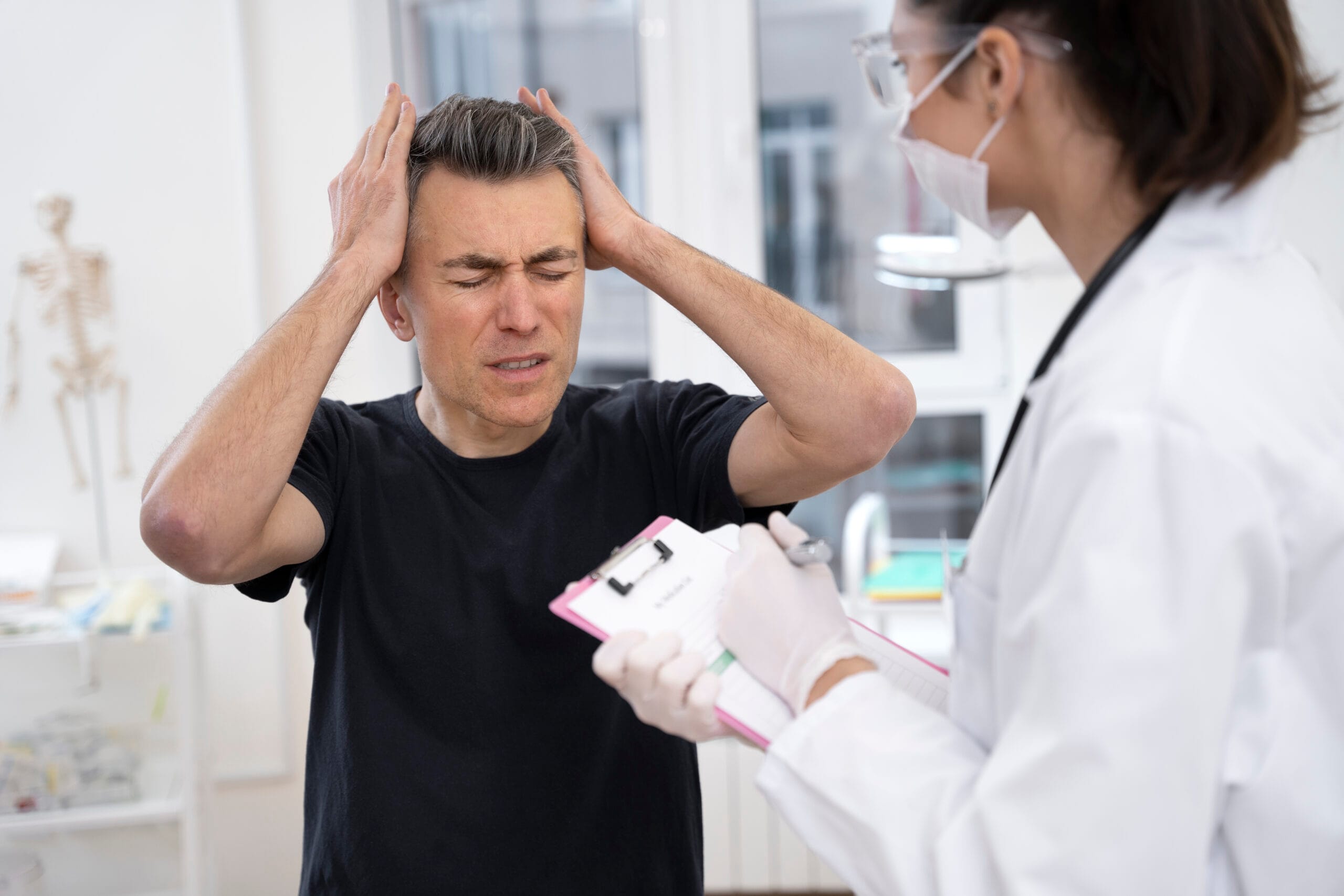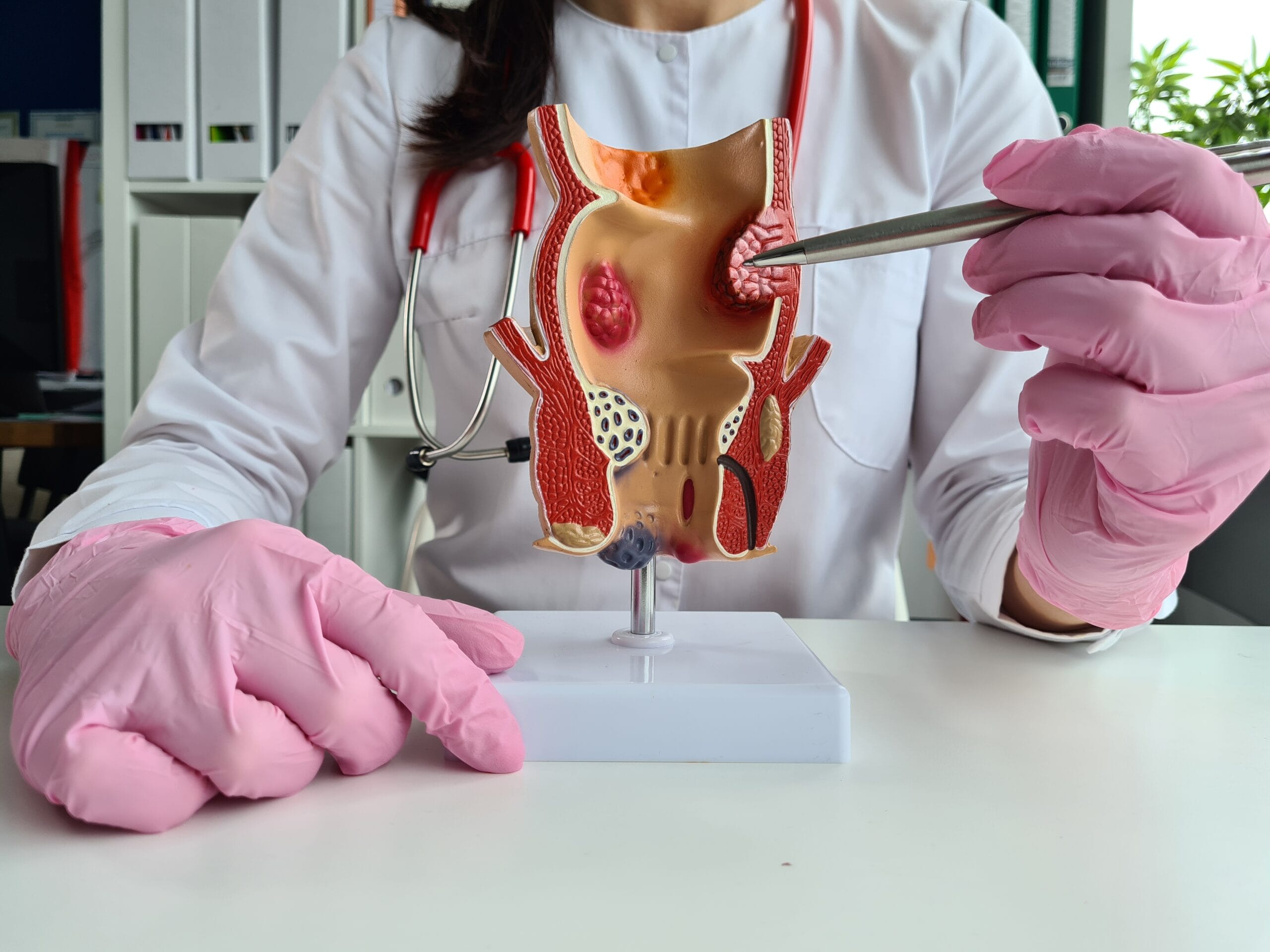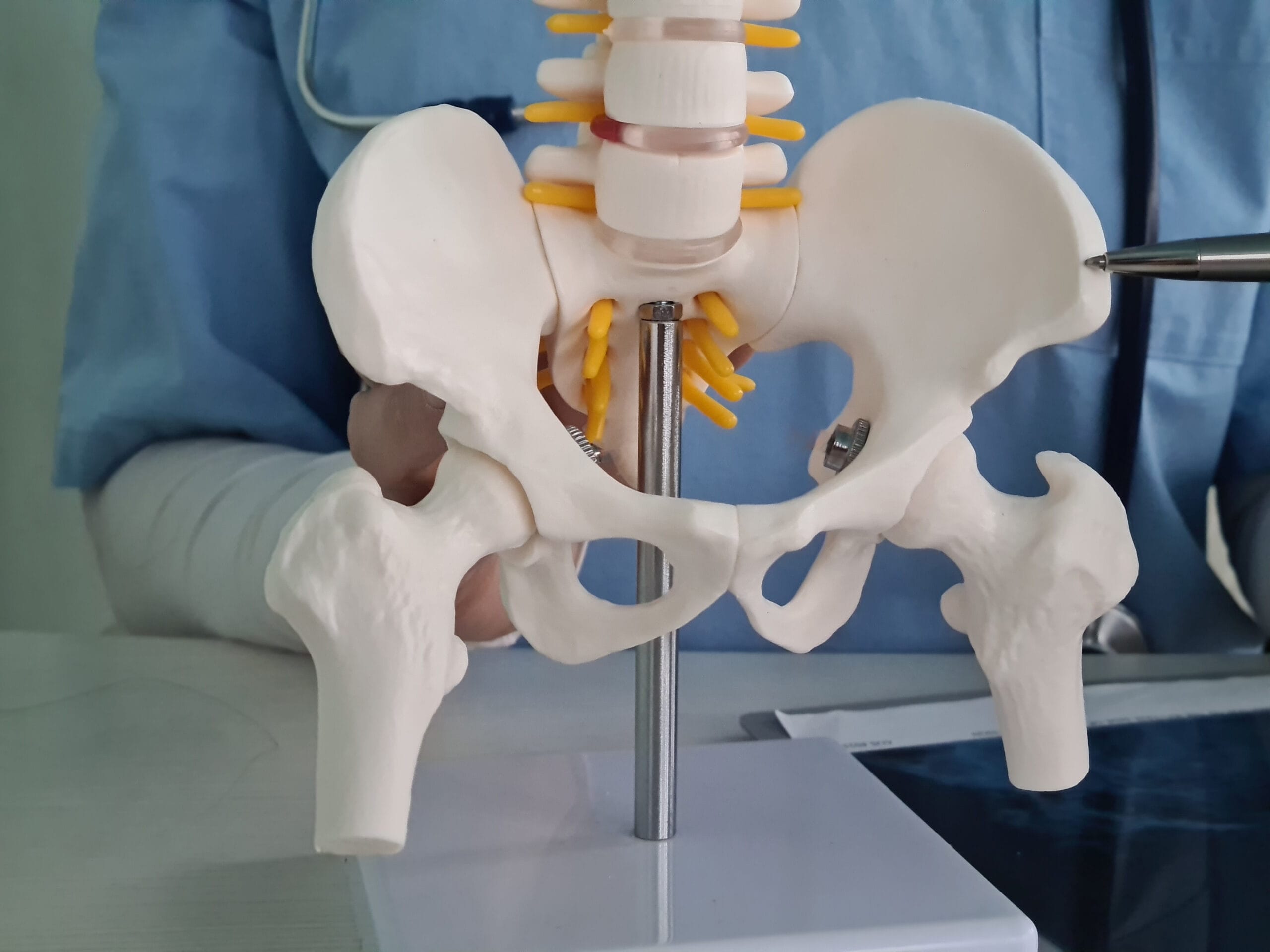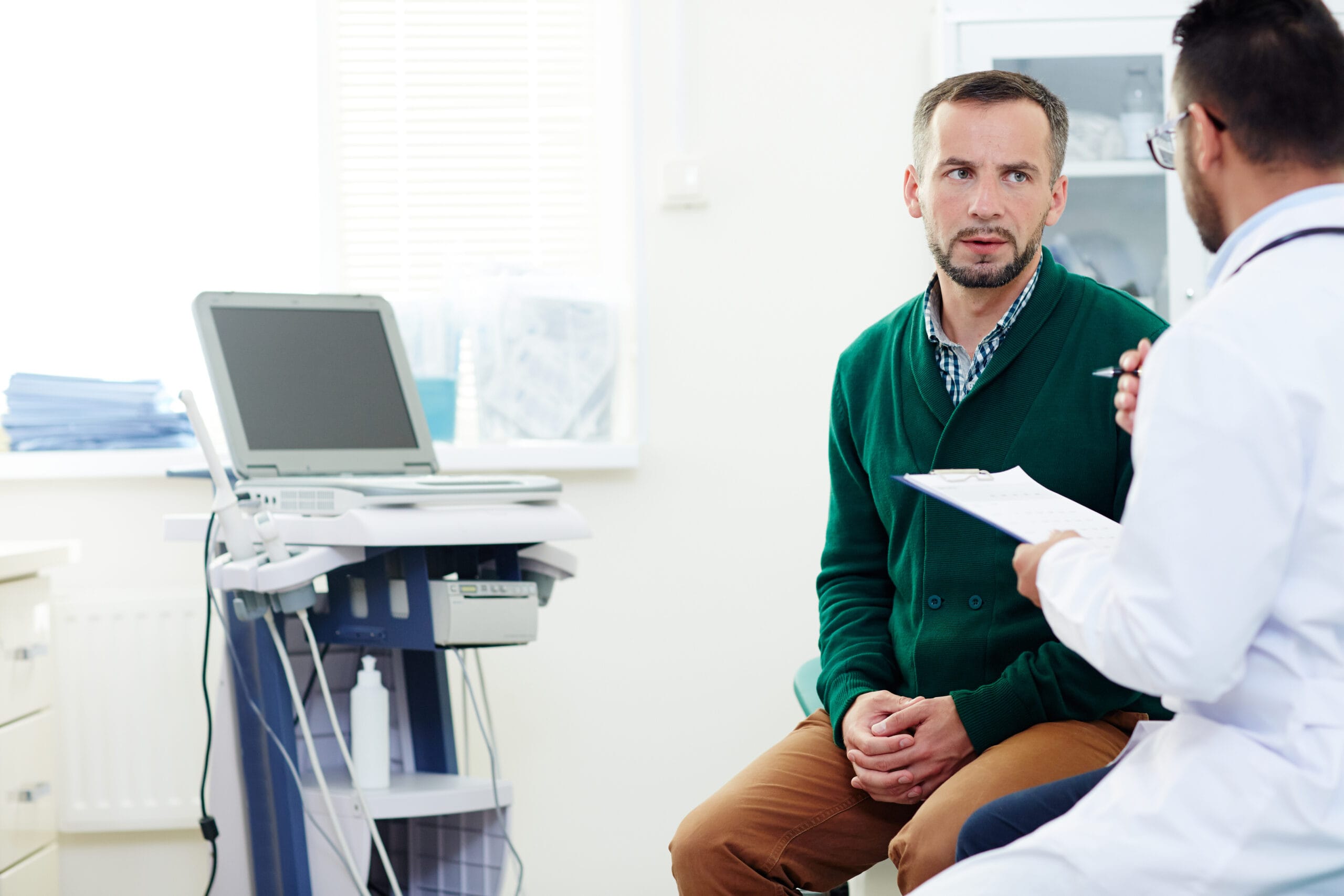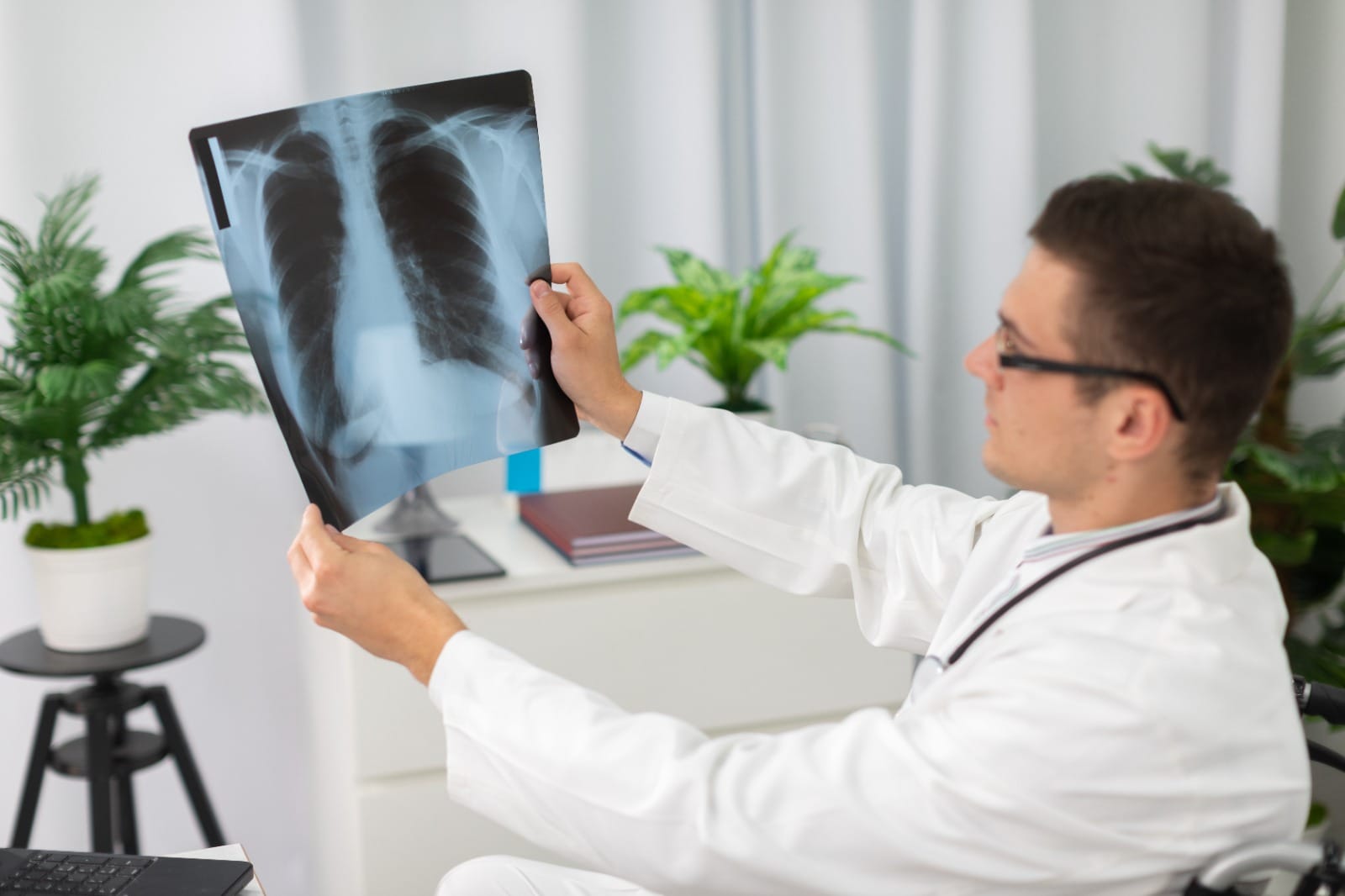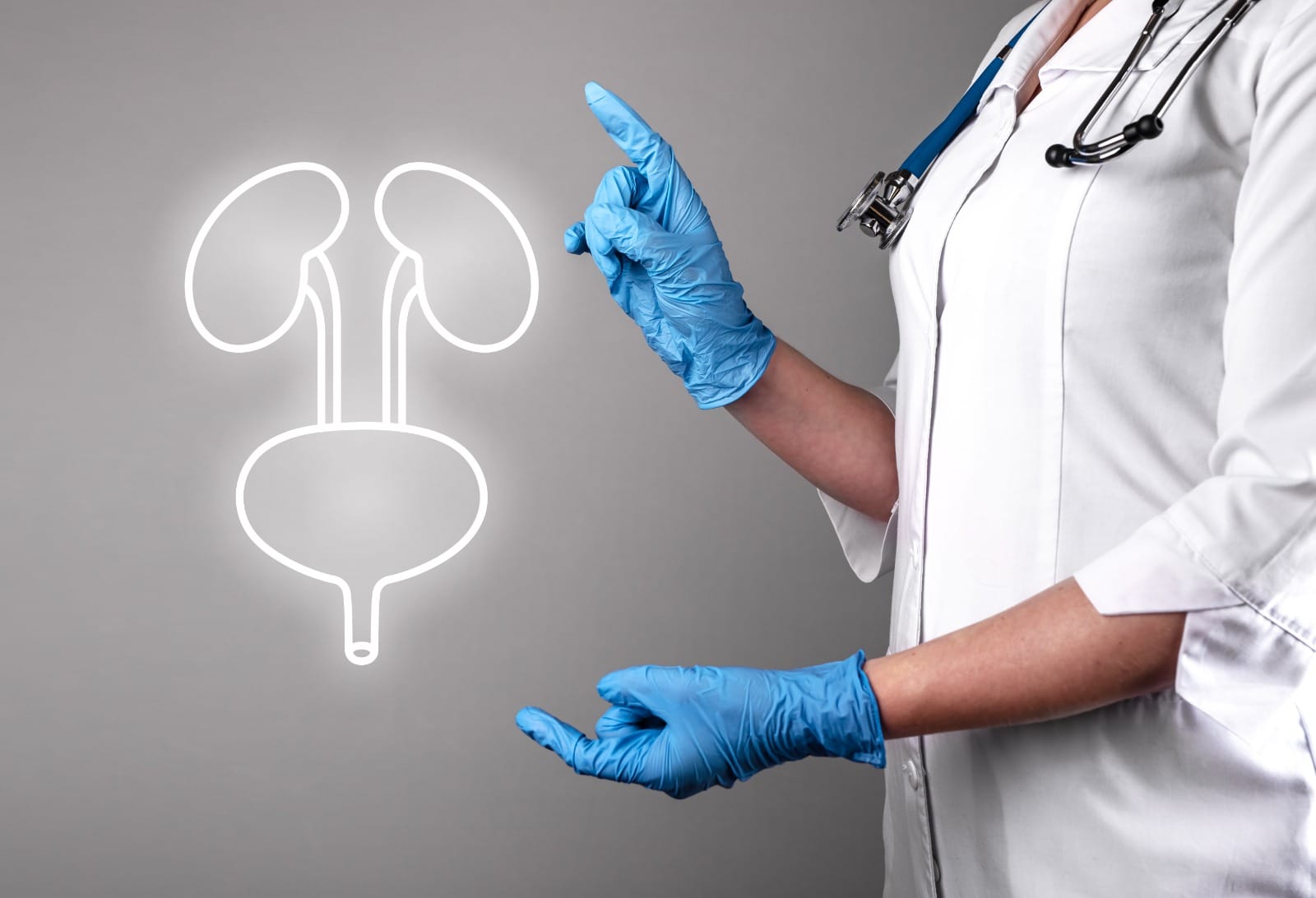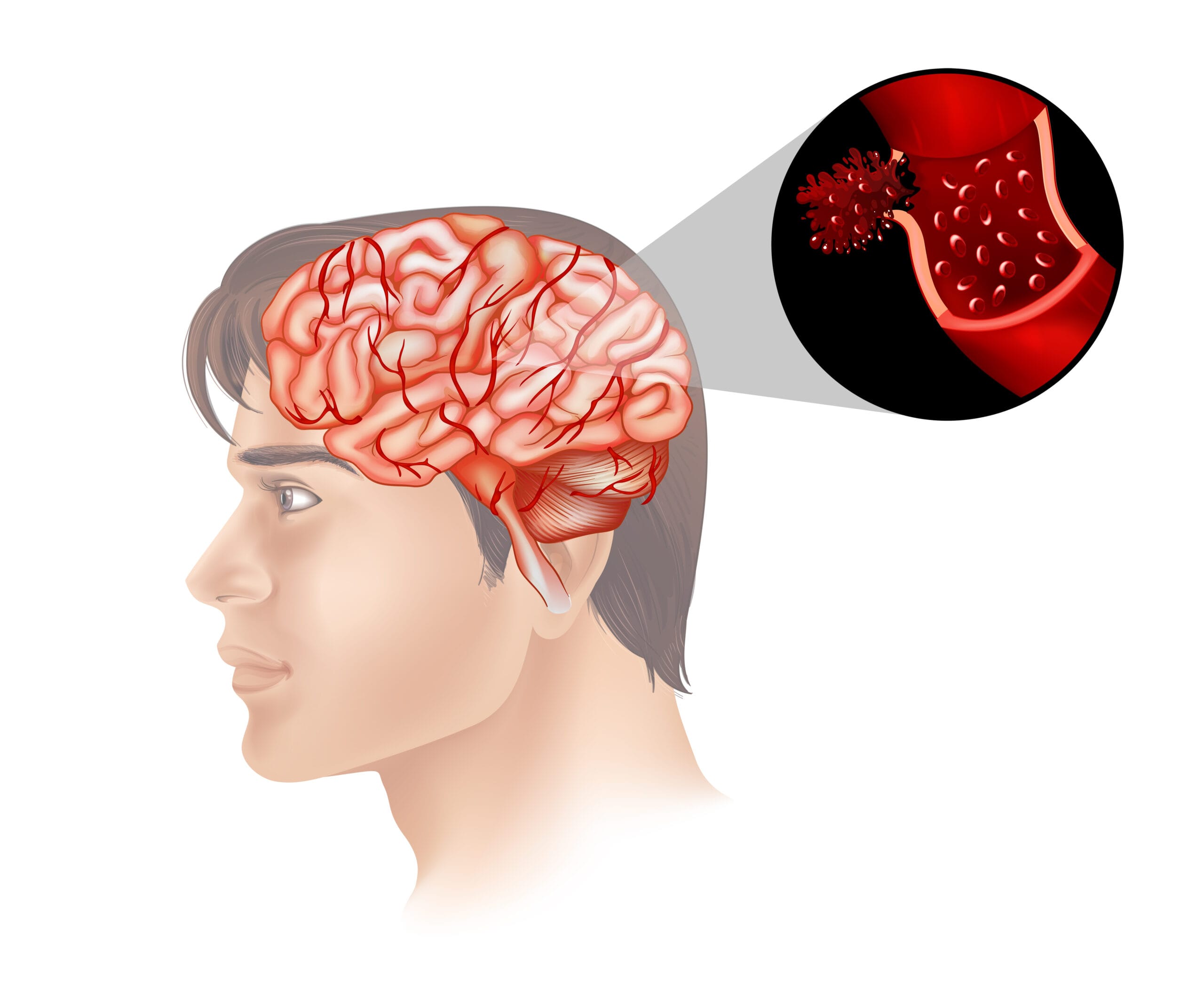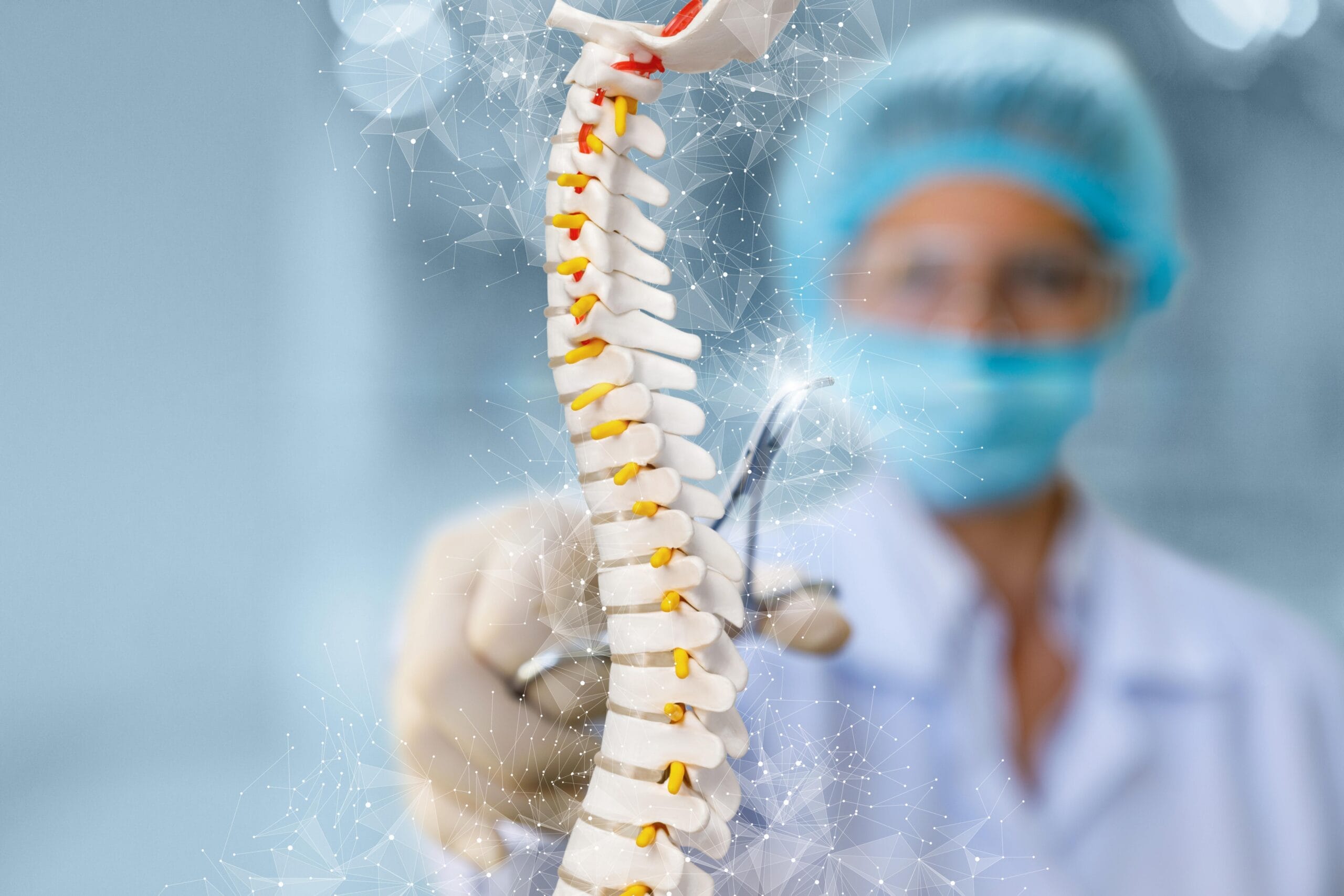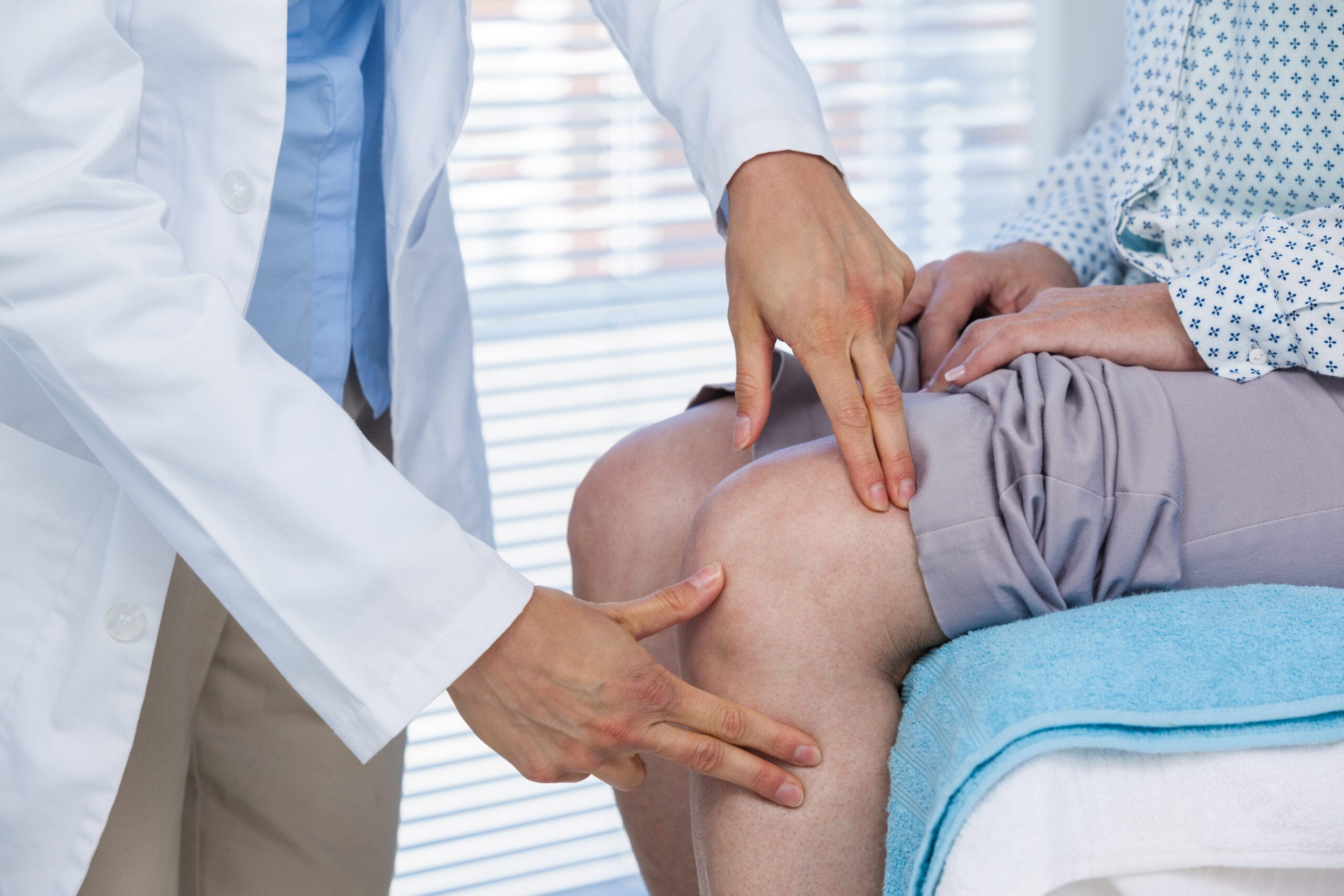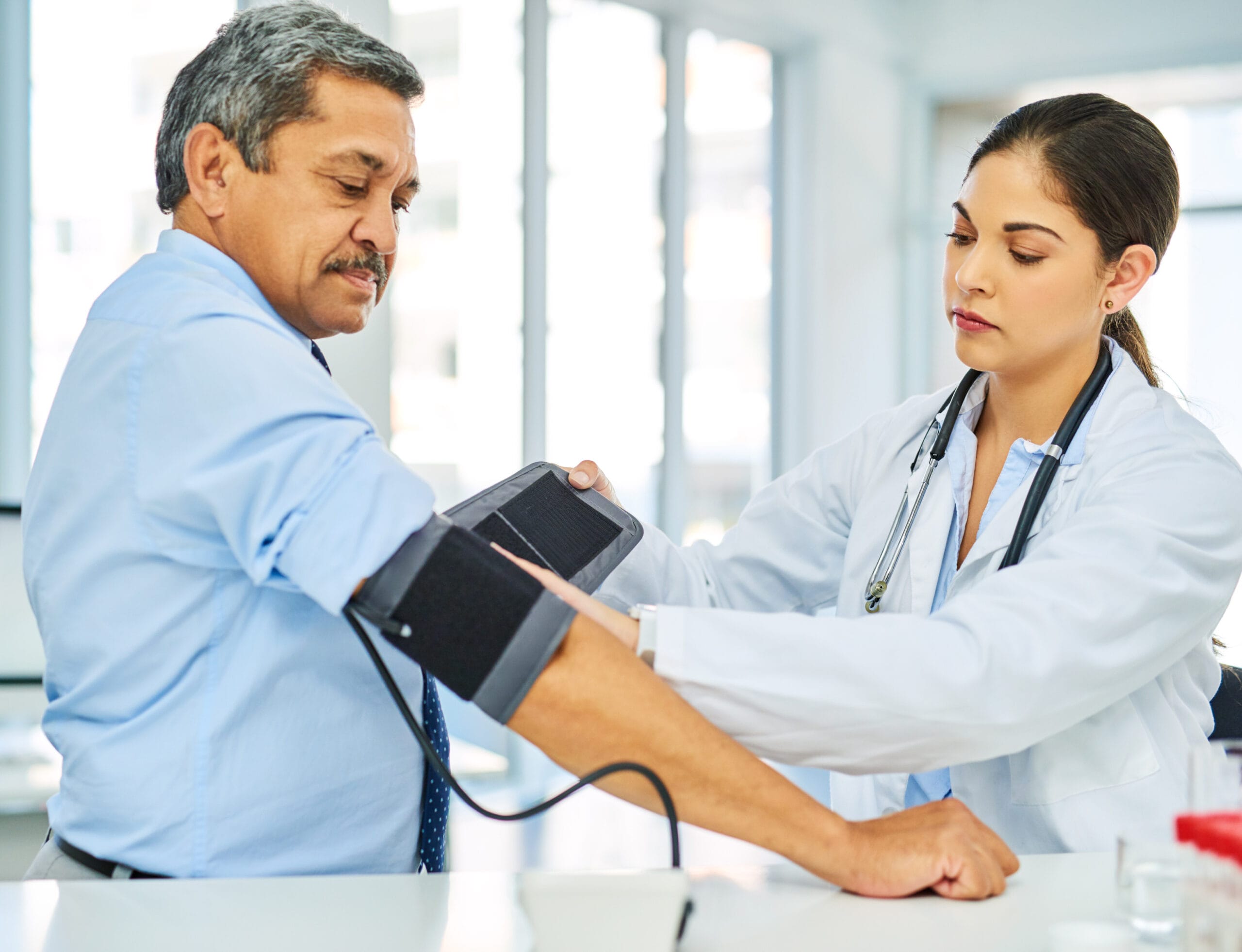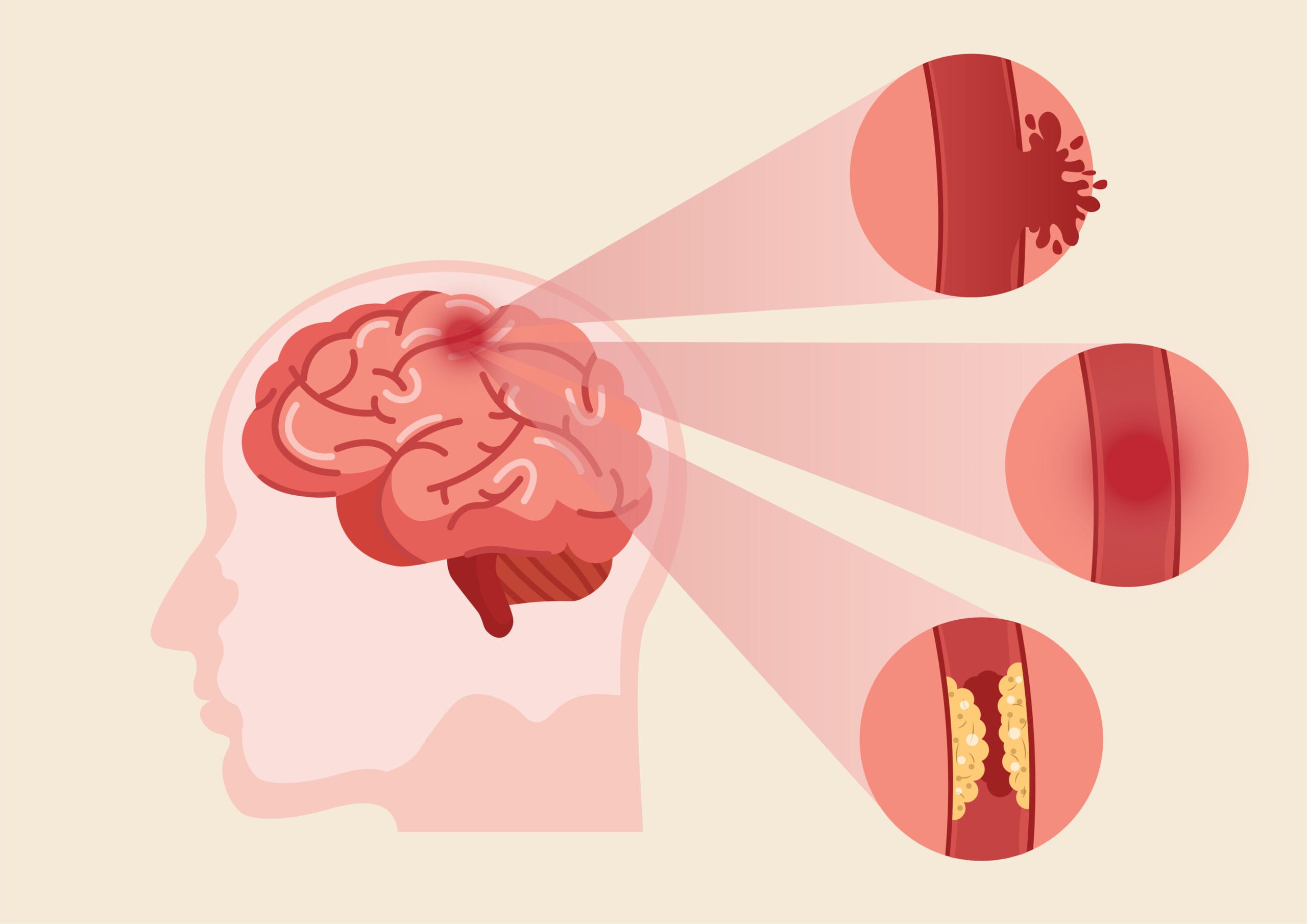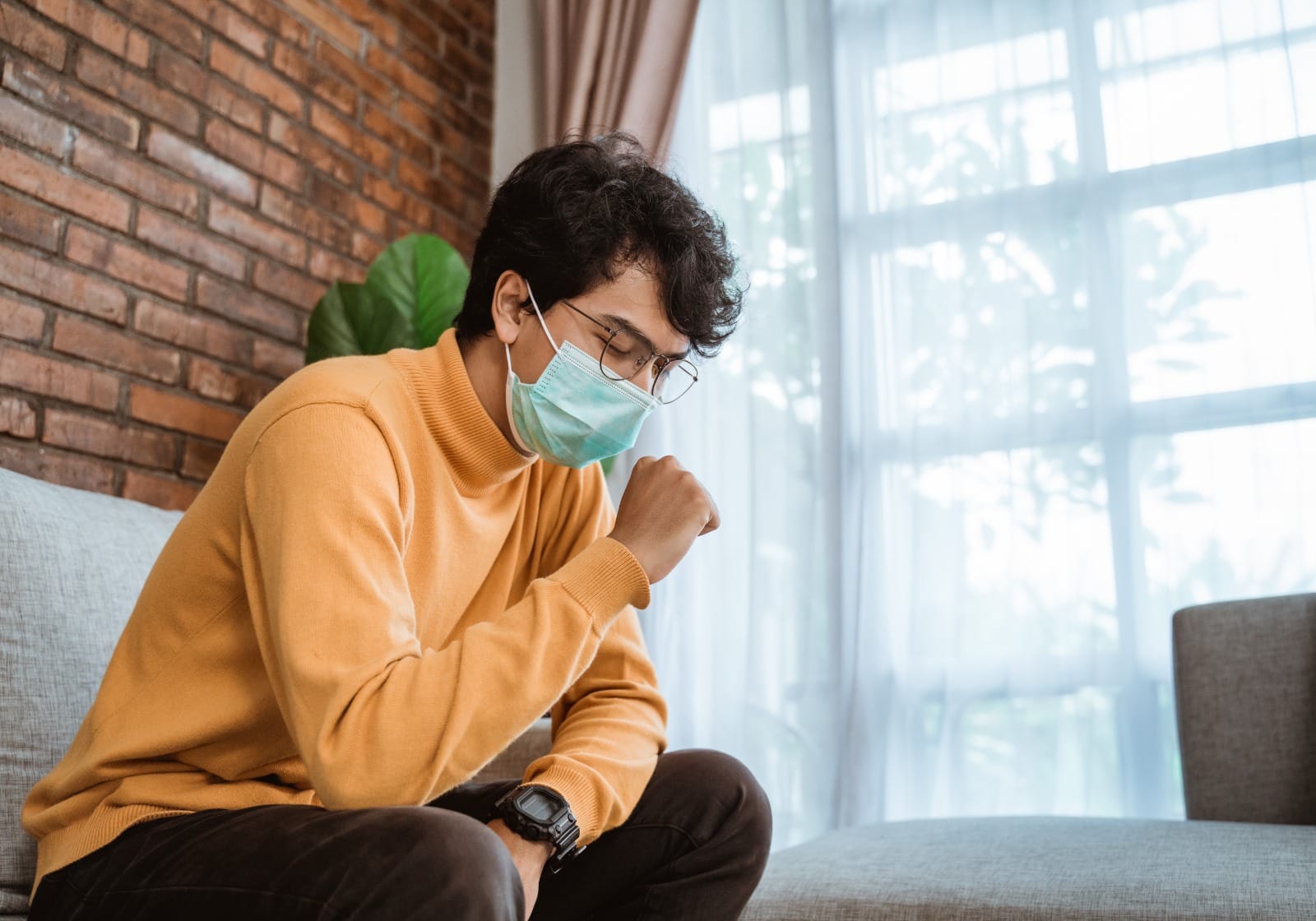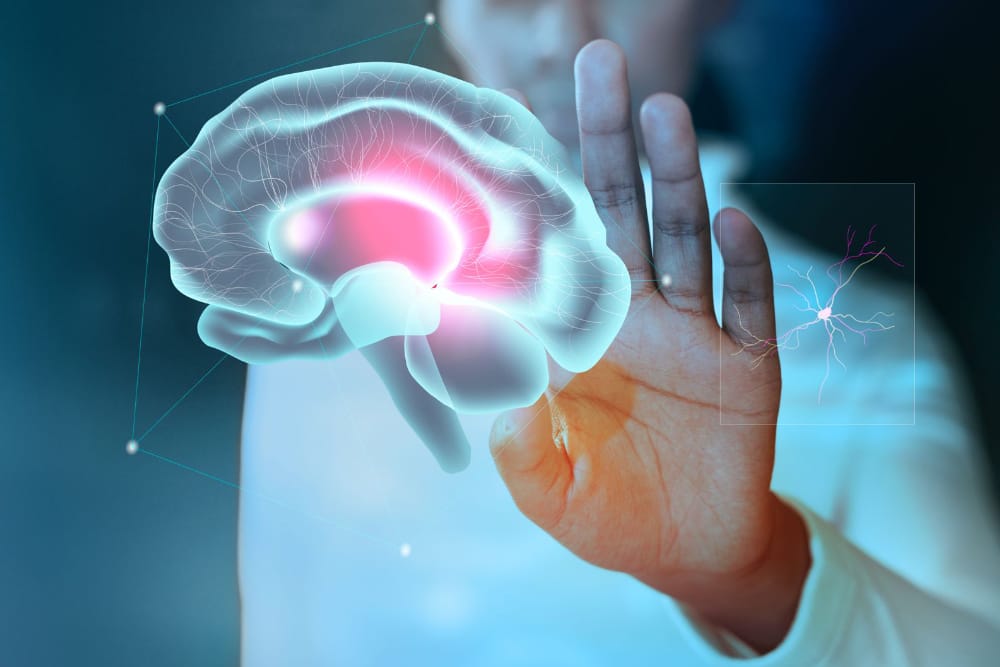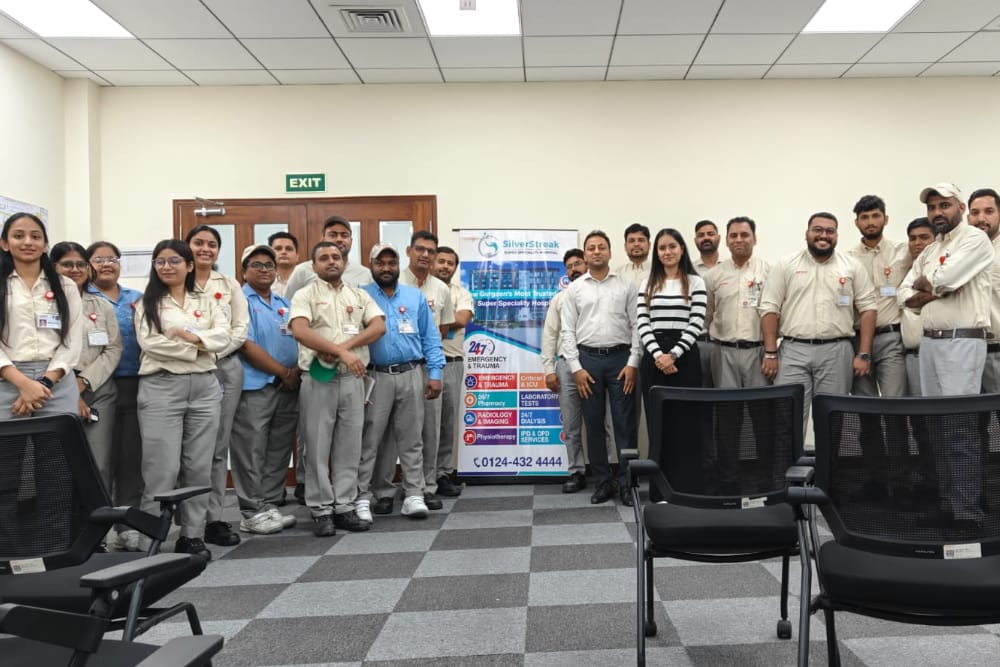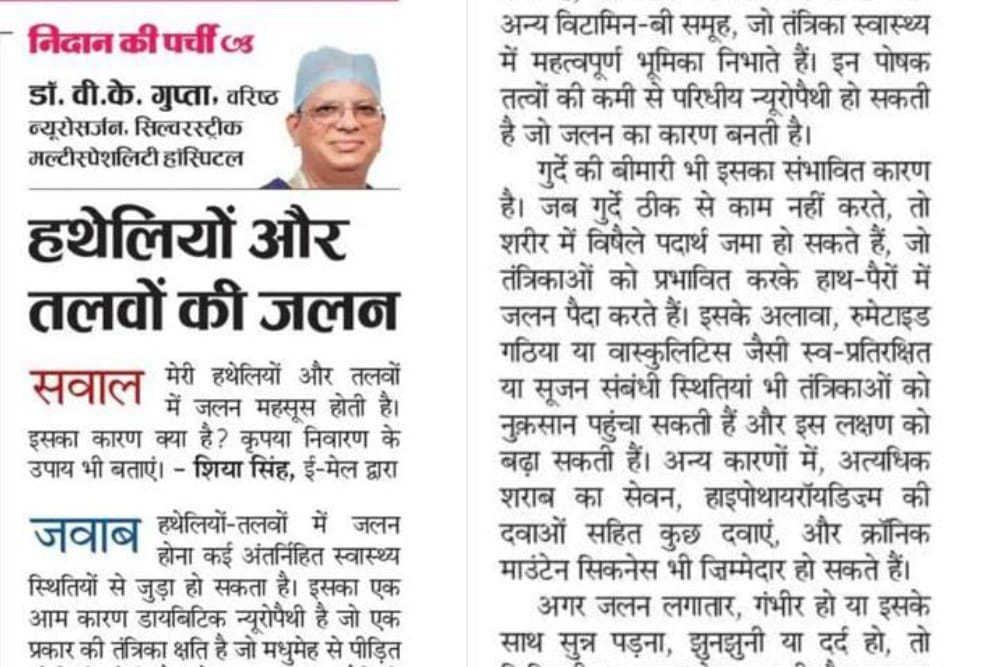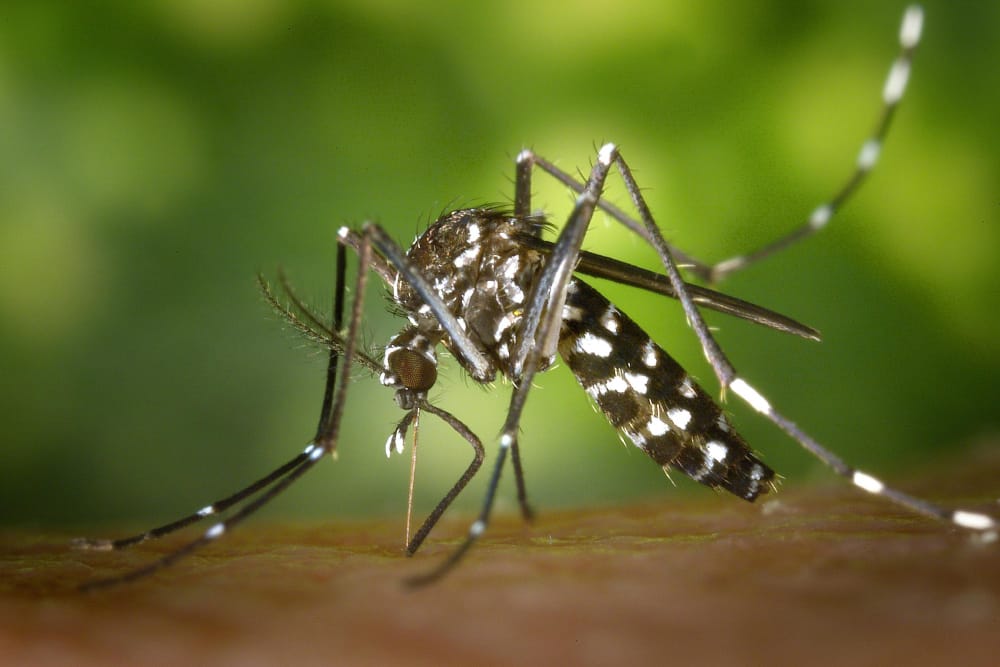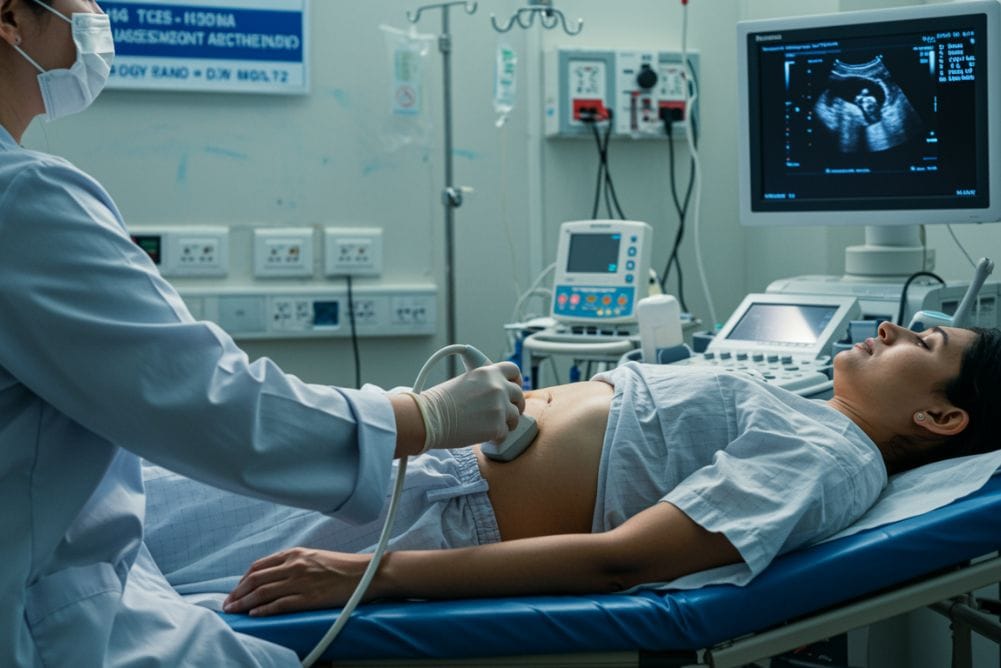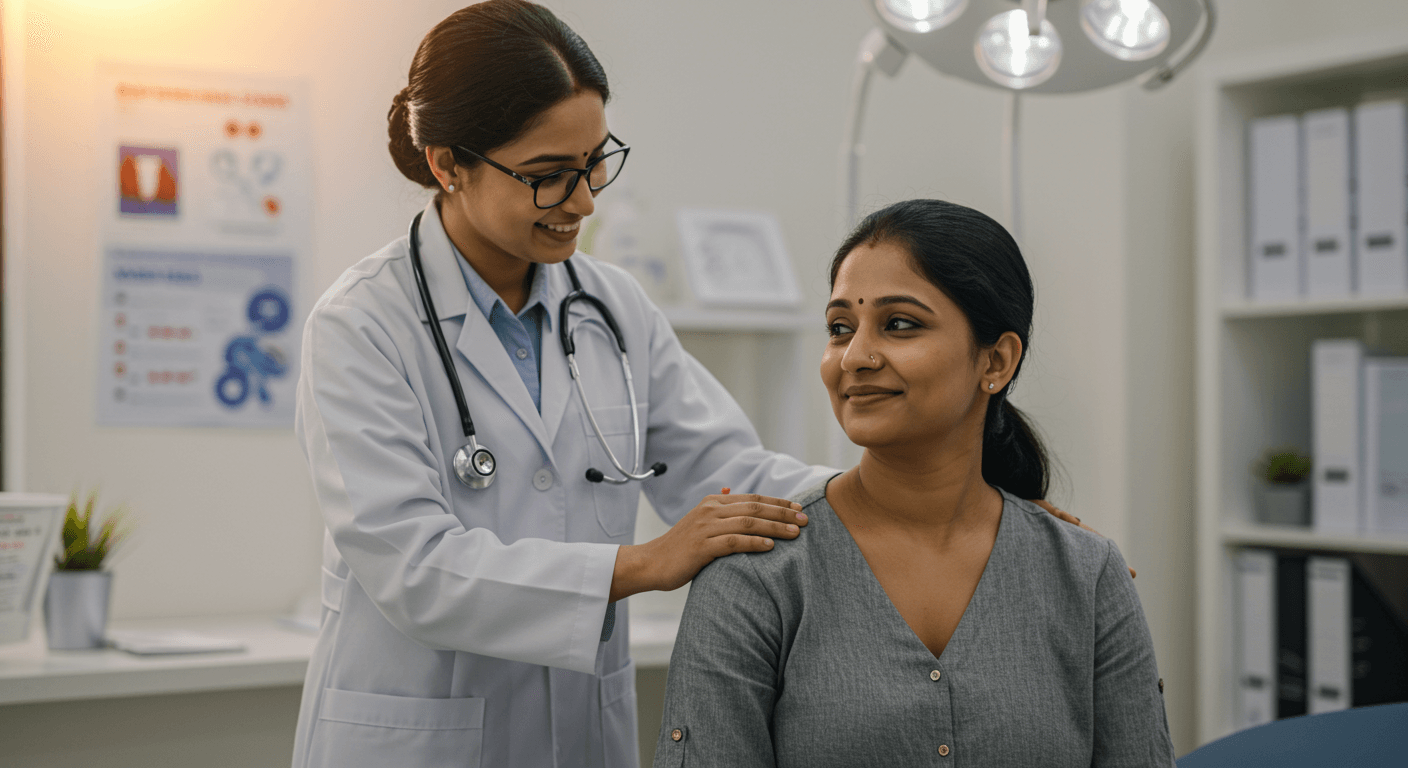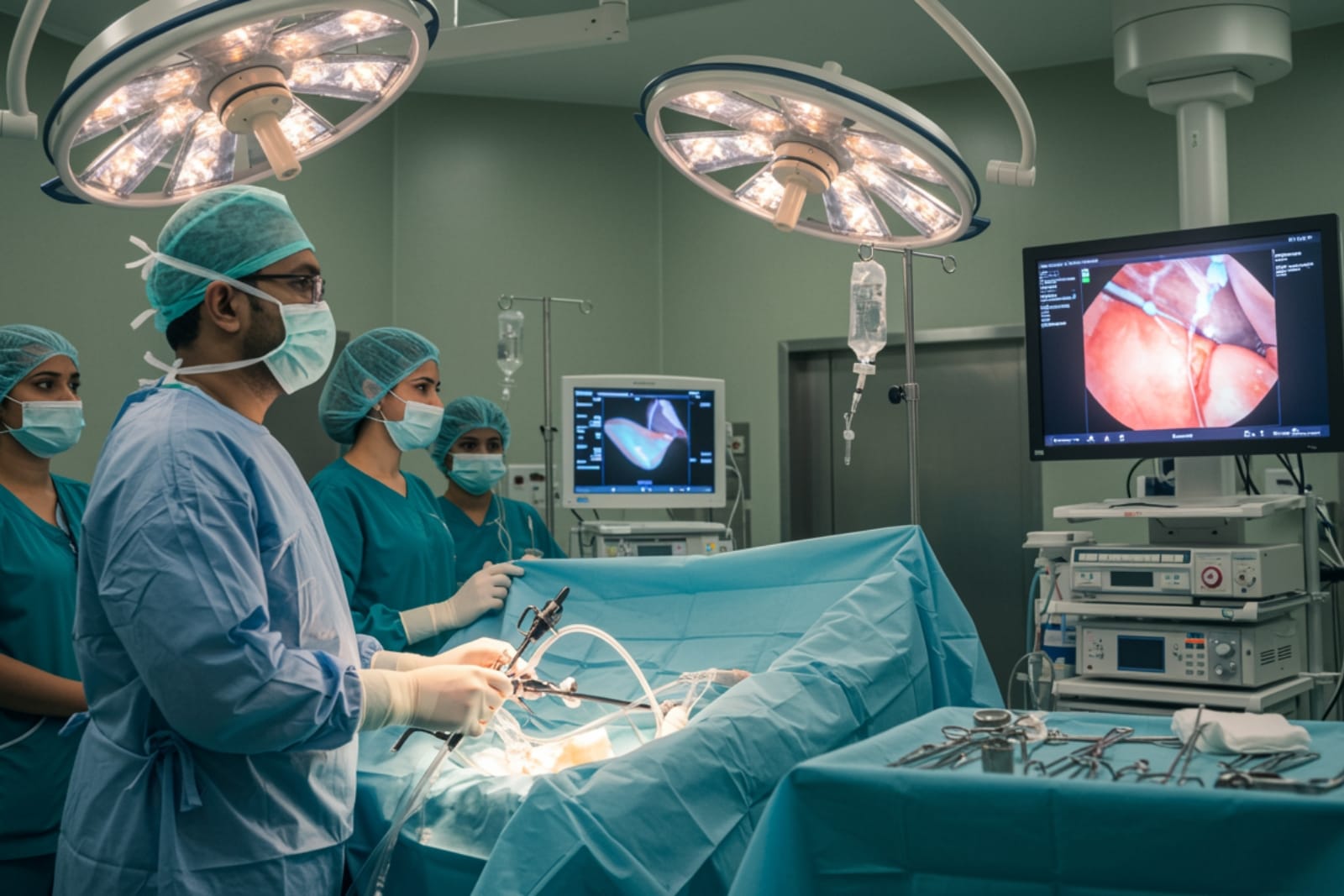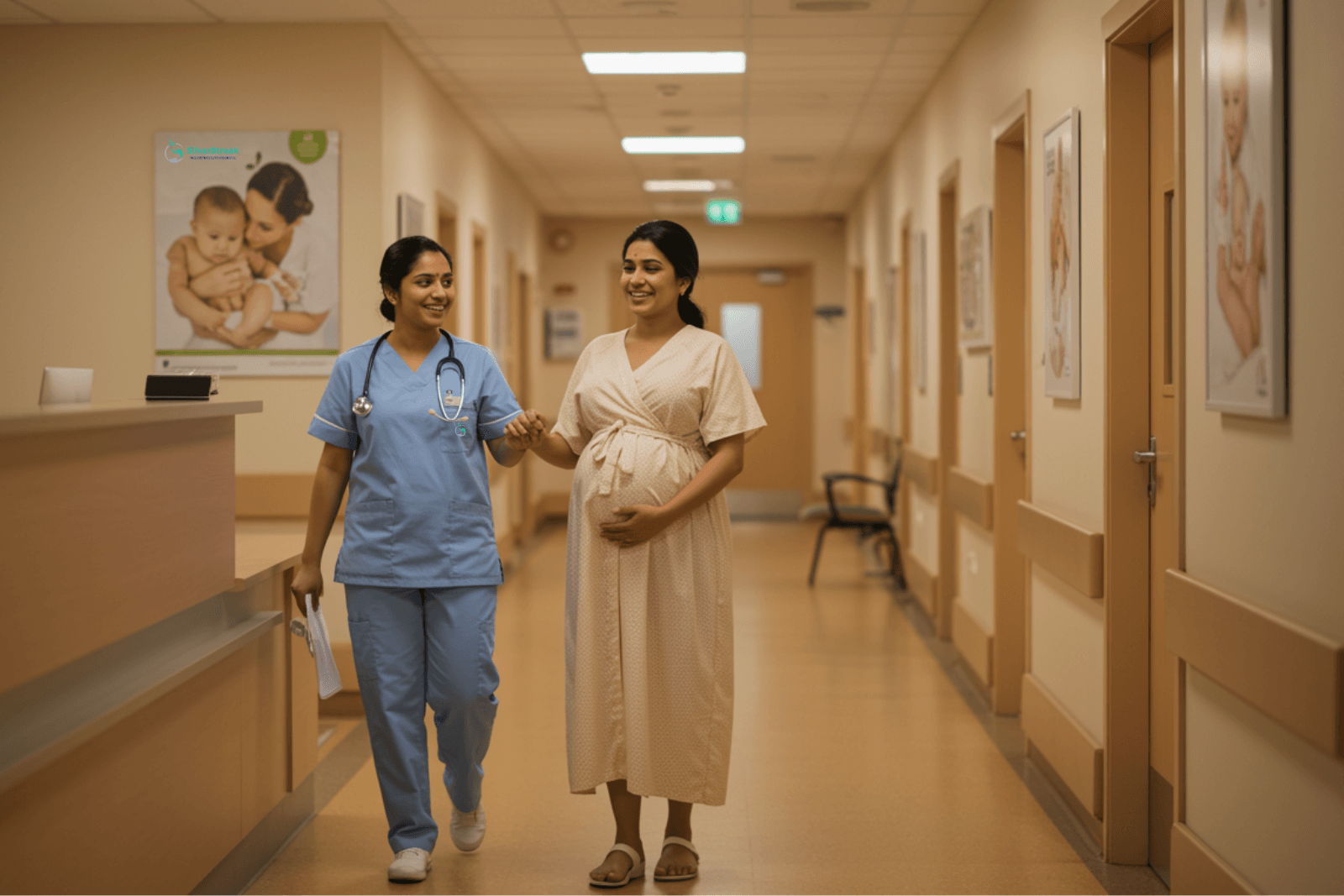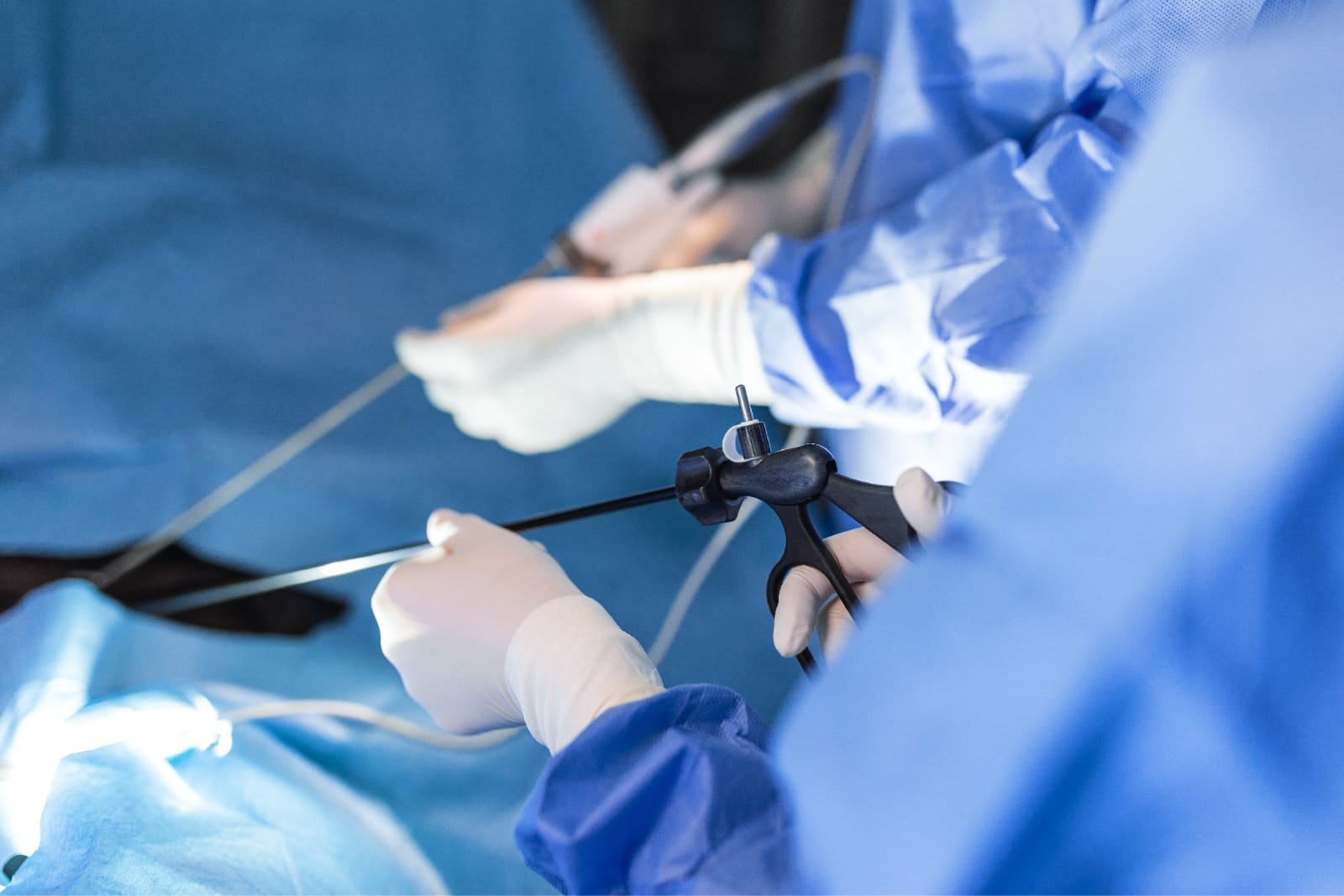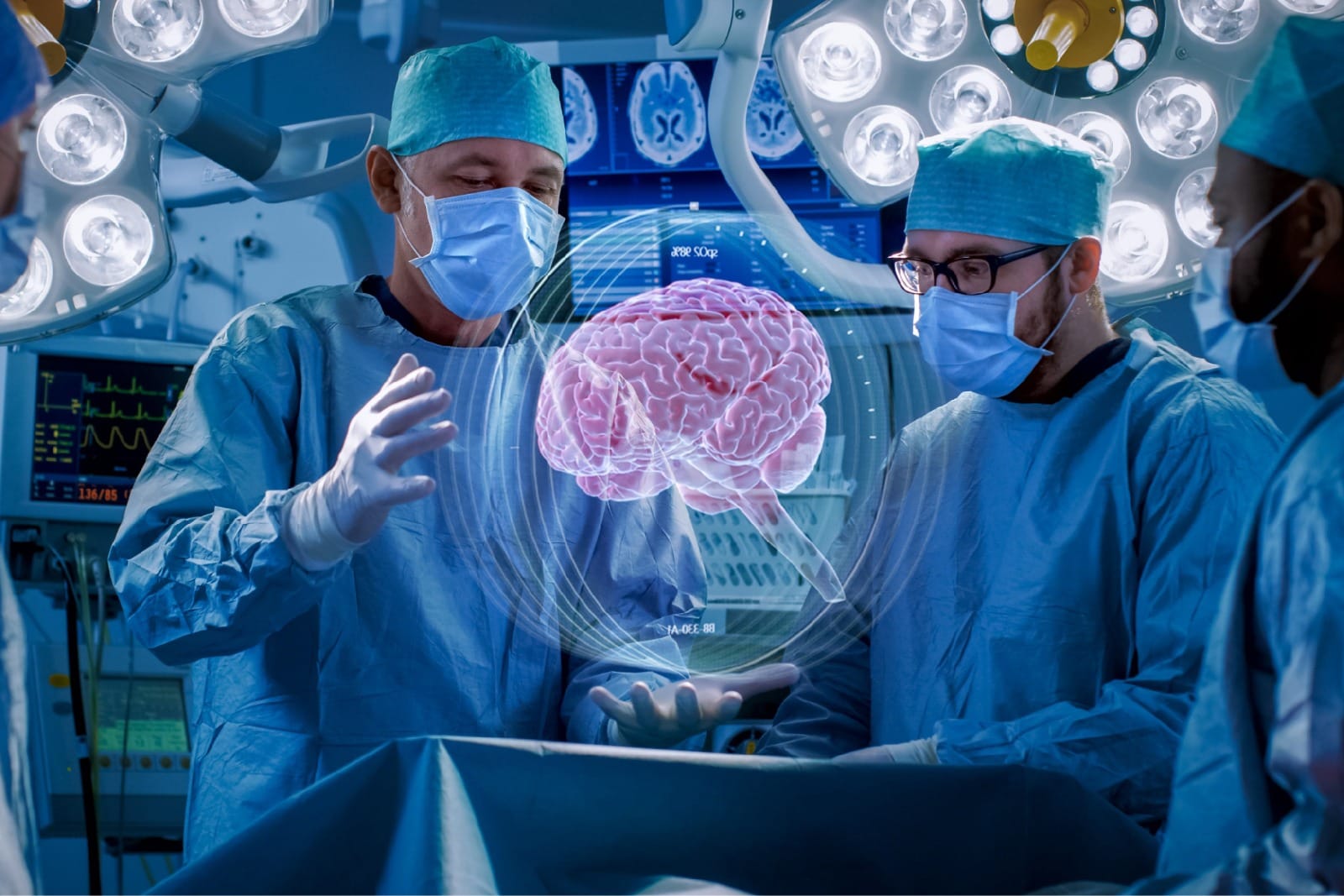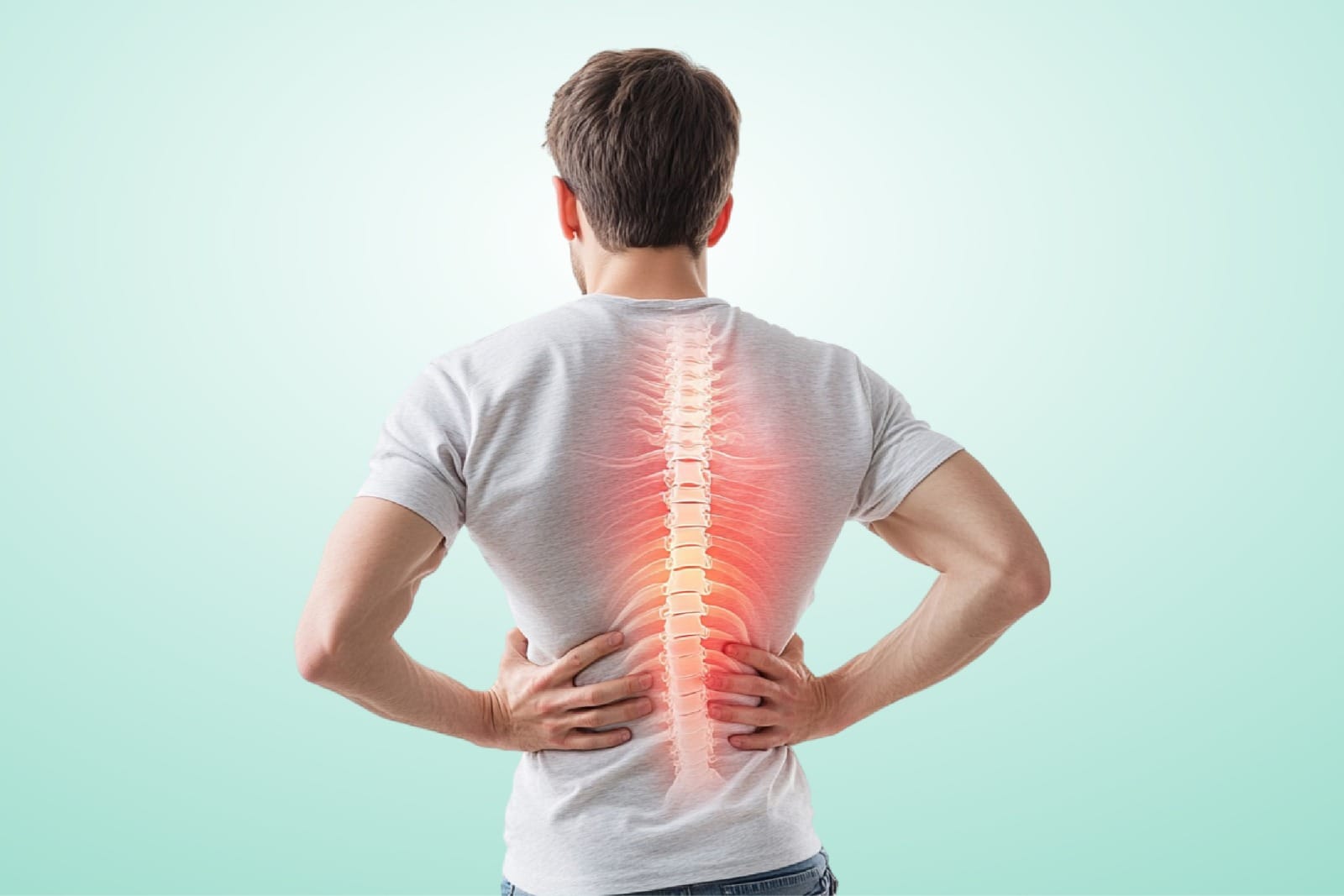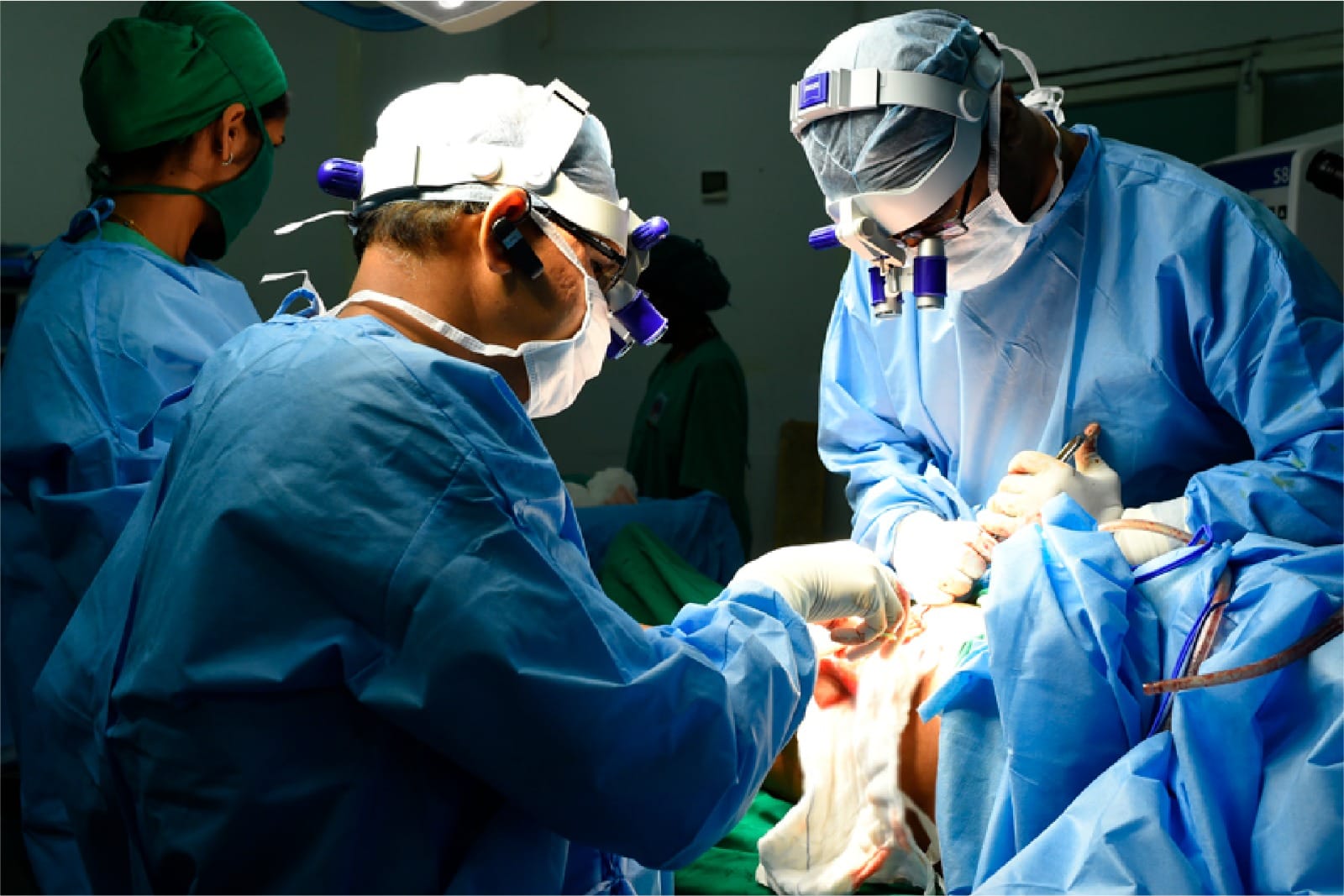World Alzheimer’s Day 2025: Understanding, Recognizing, and Preventing Alzheimer’s Disease
-

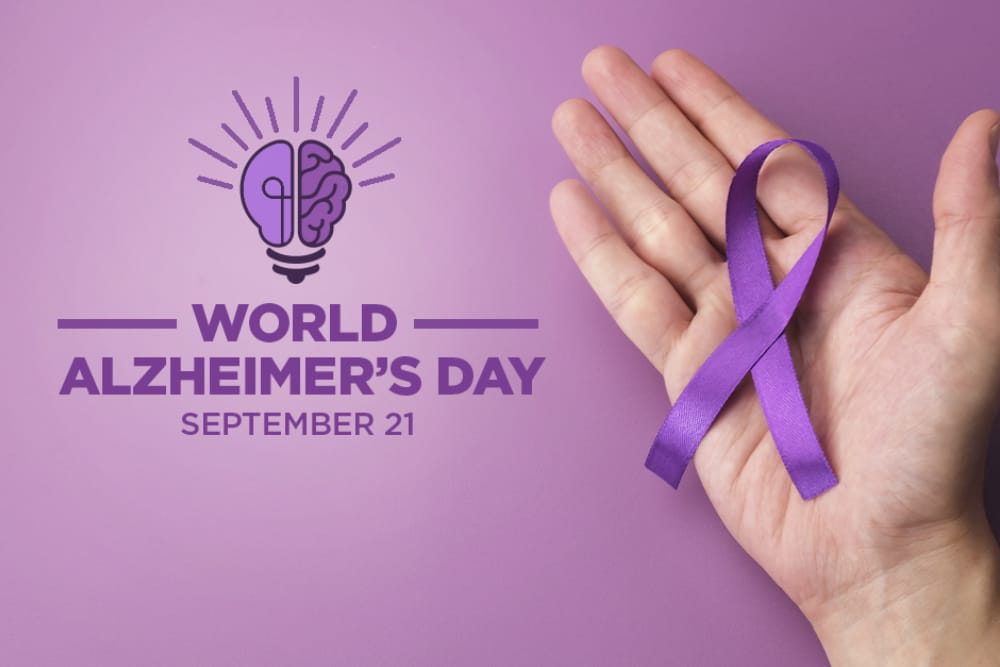
Every year on 21st September, the world comes together to observe World Alzheimer’s Day, a time to raise awareness about one of the most challenging health conditions of our time. Alzheimer’s disease is not just “forgetfulness of old age” — it is a progressive brain disorder that affects memory, thinking, and behavior, eventually interfering with daily life.
As a neurosurgeon, I have seen firsthand how Alzheimer’s impacts not only patients but also their families. Understanding the condition, recognizing the early signs, and knowing what steps can be taken are crucial in ensuring timely help and better quality of life.
What Is Alzheimer’s Disease?
Alzheimer’s disease is the most common form of dementia. It occurs when abnormal protein deposits build up in the brain, leading to the death of nerve cells. Over time, this causes shrinking of brain tissue and loss of mental function.
It usually develops in people over the age of 60–65, but early-onset cases can appear earlier. While there is no cure yet, early diagnosis and proper management can slow the progression and help patients live more independently for longer.
Early Symptoms to Watch For
One of the biggest challenges with Alzheimer’s is that its early symptoms are often mistaken for “normal aging.” However, being aware of the signs can make a big difference. Common early symptoms include:
If you or a loved one experience these signs, it is important to seek medical advice rather than dismiss them as “just old age.”
Treatment Options
Currently, there is no cure for Alzheimer’s disease, but treatments are available that can temporarily slow symptoms and improve quality of life. These include:
Prevention and Lifestyle Tips
While age and genetics are major risk factors, research shows that certain lifestyle choices can lower the risk of Alzheimer’s or delay its onset:
Conclusion – Spreading Awareness, Supporting Families
Alzheimer’s is not just a medical condition; it is a social challenge that requires compassion, awareness, and collective effort. By educating ourselves about its early signs, encouraging timely diagnosis, and supporting patients with dignity, we can make a real difference.
On this World Alzheimer’s Day 2025, let us pledge to care not only for our own brain health but also to stand with families and communities affected by Alzheimer’s. Awareness is the first step toward hope.
